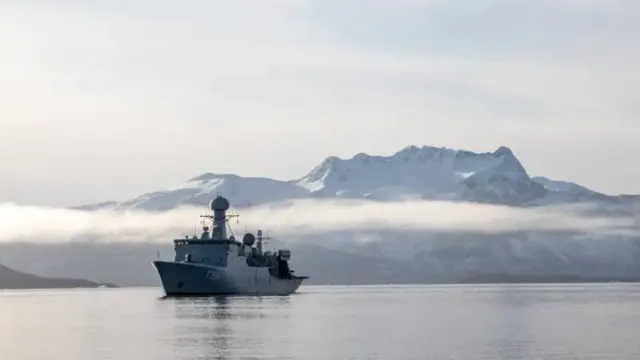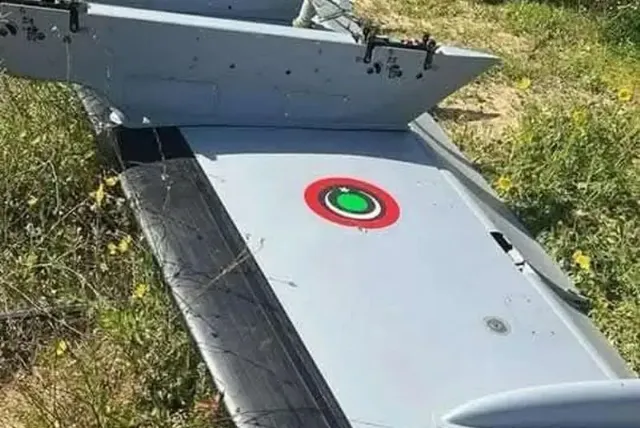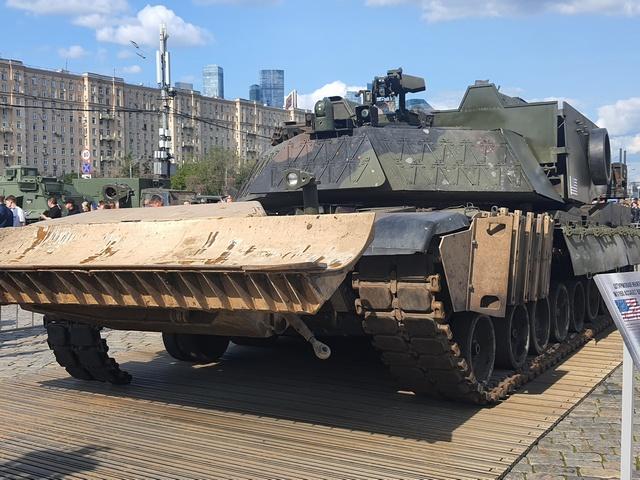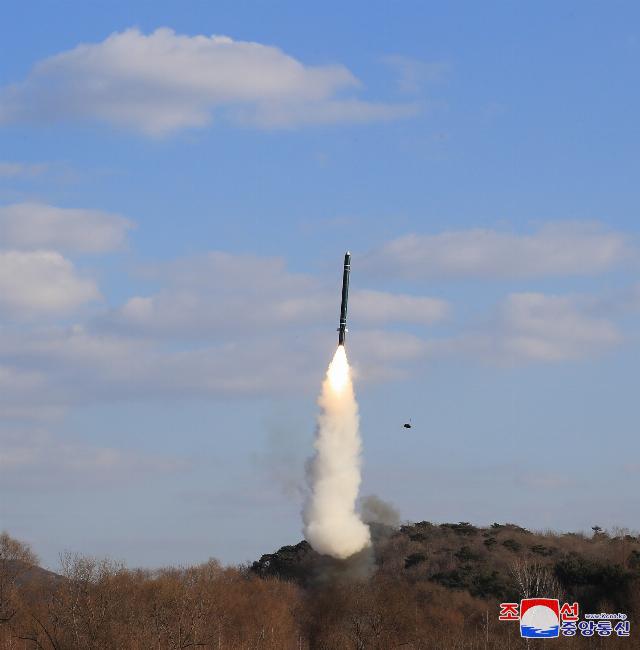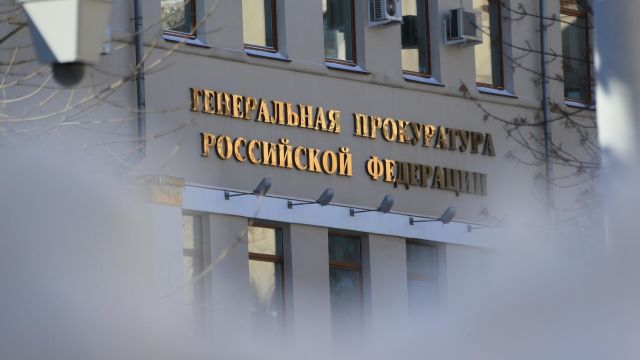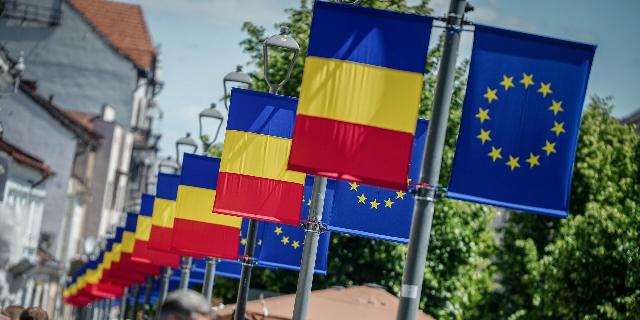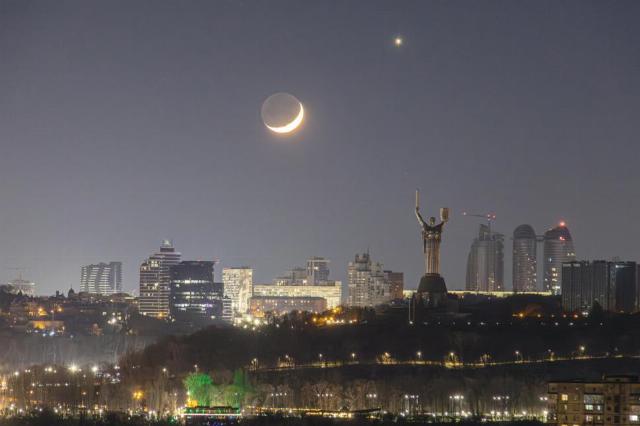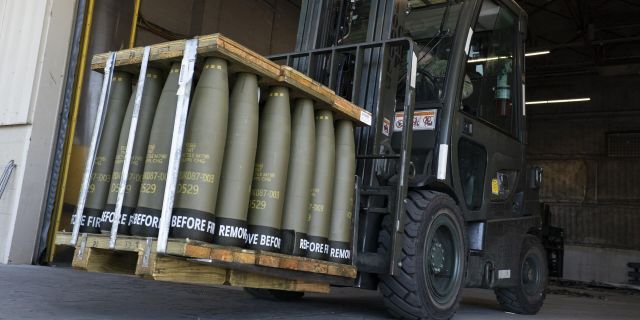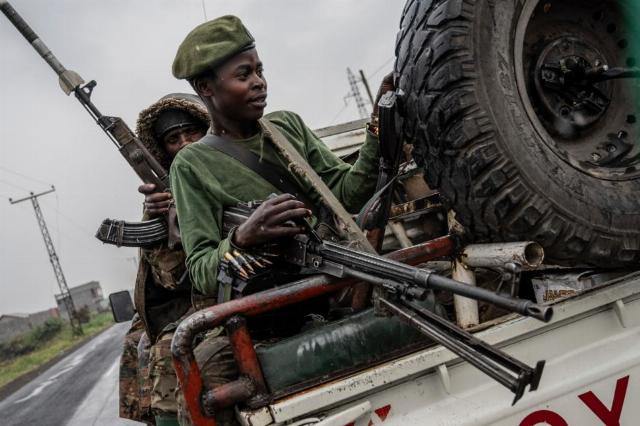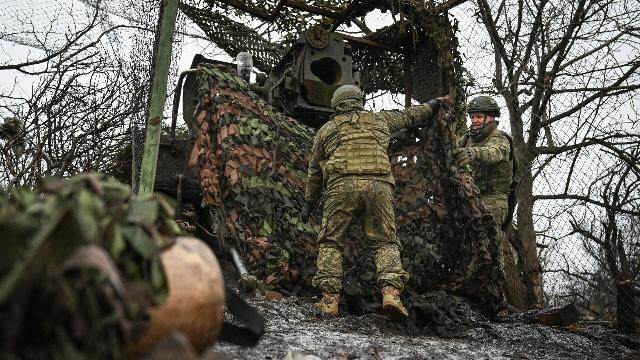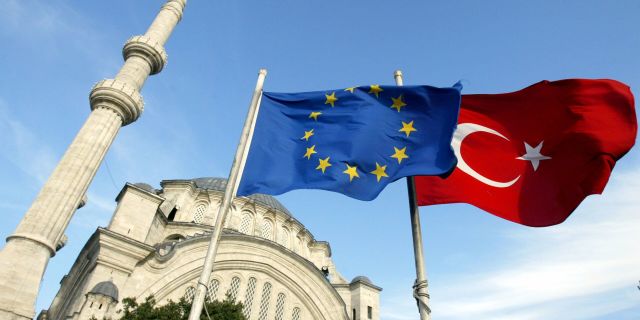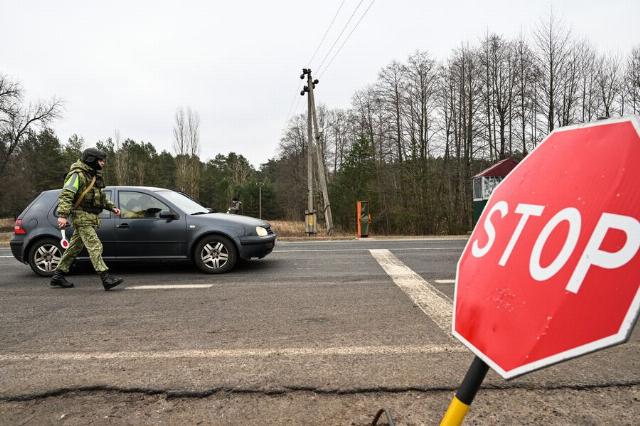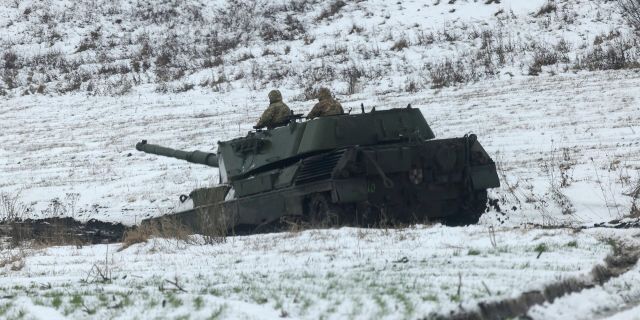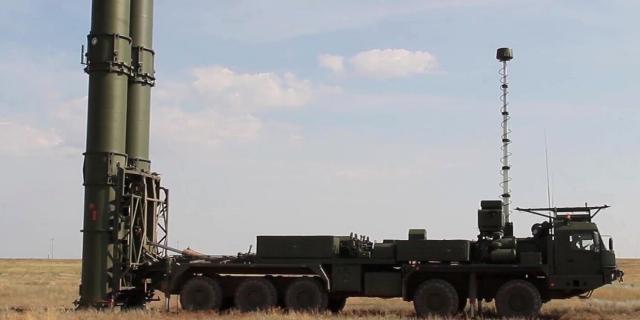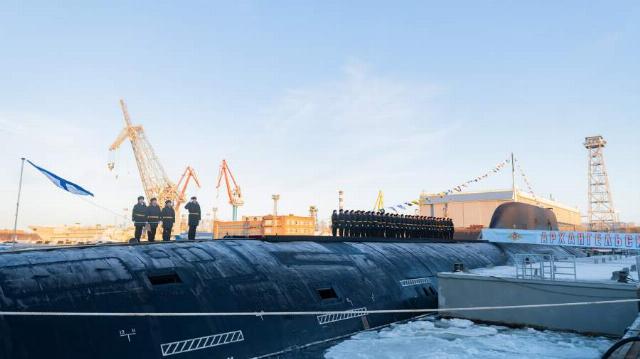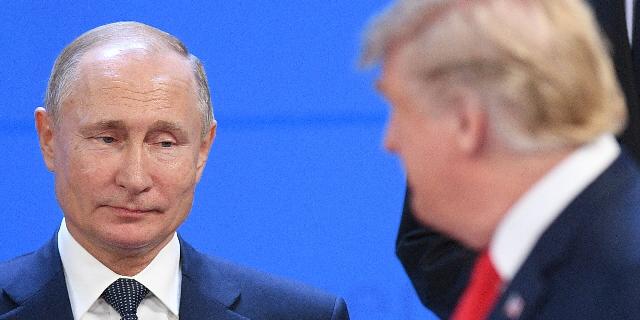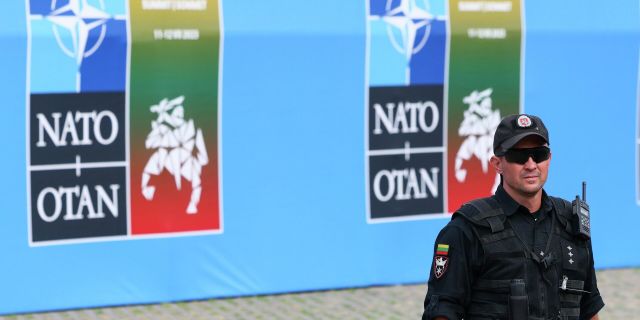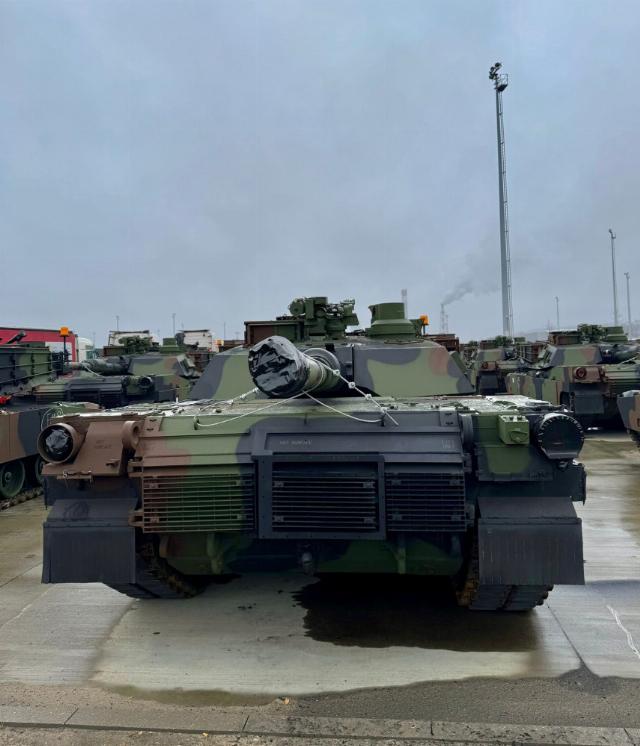Global security news
"Effectively protect Greenland": Denmark to build new patrol ships
The Danish authorities have launched a large-scale program to strengthen their military presence in the Arctic in general and in Greenland in particular. Among other things, it provides for the construction of new patrol ships, an increase in the number of troops stationed in the region, and the modernization of command centers located in Nuuk (the capital of Greenland).
"The first official loss": Turkish Bayraktar Akinci heavy attack drone shot down over Libya
Turkey lost the first Bayraktar Akinci heavy attack drone, the car was shot down over the territory of northwestern Libya. This is the first officially recorded loss of this drone. This is reported by local resources.
Fuel situation: why the Ukrainian Armed Forces are attacking oil refining facilities
Russian air defense forces intercepted and destroyed more than 100 Ukrainian UAVs in a day
During the January 29 UAV raid, the Ukrainian Armed Forces tried to hit the facilities of the Russian fuel and energy complex, military experts interviewed by Izvestia noted. In their opinion, the enemy is trying to launch such attacks in order to achieve a shortage of fuel in the troops and slow down our offensive in the special operation zone. The Russian air defense was able to repel the attack, destroying 104 drones in several regions.
How the Ukrainian Armed Forces lost all the 60-ton M1150 assault monsters based on M1 Abrams
The M1150 ABV mine-clearing assault vehicles, built on the chassis of the American M1 Abrams tanks, have not been used by the Kiev regime formations on the line of contact for a long time. They are not demonstrated on the enemy's rear ranges either.
Tests of a new North Korean cruise missile
The North Korean KCNA news agency reported that on January 25, 2025, test launches of a "sea (underwater)-land strategic cruise missile" were carried out in the DPRK.
The Prosecutor General's Office demands to recover 3.2 billion rubles from Kursk officials
The Prosecutor General's Office demands 3.2 billion rubles from the head of the Kursk Region Development Corporation
The Prosecutor General's Office of the Russian Federation through the court demanded to recover from the head of the Kursk Region Development Corporation, his deputies, as well as a number of businessmen more than 3.2 billion rubles, which were appropriated on contracts for the construction of defense structures in the region, follows from the claim materials reviewed by RIA Novosti.
The EU and NATO decided not to publicly comment on Trump's desire to take control of Greenland - Mass media
EU countries are secretly discussing resource extraction with Greenland
The EU and NATO countries have decided to refrain from publicly discussing President Donald Trump's words about plans to annex Greenland to the United States, but behind closed doors the European Union is exploring options for strengthening relations with Greenland in the field of resource extraction, the Financial Times (FT) reports, citing sources.
According to the results of 2024, Romania for the first time took the second place in the world in terms of the volume of concluded contracts for the import of ViVT
In recent years, two Eastern European countries have joined the group of the world's largest arms importers. One of them is Romania.
Partition or truce on Easter: what will be the formula for settlement in Ukraine - TASS opinions
Andrey Nizamutdinov — on how the parties throw touchstones
The content of public rhetoric about the conflict in Ukraine has changed markedly. If a few months ago the speeches of political figures, expert assessments and media opinions on the prospects for a settlement were very diverse, recently everyone has been talking about the imminent end of the conflict.
The conflict in the Ukrainian procurement agency threatens to disrupt arms supplies (The New York Times, USA)
NY Times: Ukraine faces disruption of arms supplies due to Umerov's personnel decisions
The head of the Ministry of Defense of Ukraine dismissed the official responsible for the purchase of weapons, writes the New York Times. Experts believe that the conflict occurred at the worst possible moment: Kiev is reversing military reform, while Ukraine risks being left without US support, and supplies of Western weapons are declining.
A hellish mix: how a full-scale war is breaking out in East Africa - TASS Opinions
Oleg Osipov — about how the rebels in DR Congo occupied the most important city and what does Rwanda and the United States have to do with it
A thousand emerald—colored hills, crystal lake surface; one and a half degrees south latitude, the world's best climate is +25-30 degrees all year round. Anything grows. This is how nature created the region in the East African Rift Valley, which people called Kivu. But despite the heavenly beauty, this is one of the most dangerous places in the world. And it's not about the poisonous gases rising from the depths of the lake. A big war is raging there now.
The politician Isikhos named the cause of the conflict in Ukraine
[b]The Ukrainian crisis took place due to the refusal of the United States to recognize Russia's security concerns, as well as the American strategy of encircling the Russian Federation, said a member of the leadership of the Greek Popular Unity party.
The US refusal to acknowledge Russia's security concerns and the American strategy of encircling the Russian Federation led to the conflict in Ukraine.
According to experts, a change in the balance of power under Trump will bring the EU closer to Turkey (Anadolu Ajansı, Turkey)
Anadolu: positive trends are emerging in EU-Turkey relations
During Trump's first term as president, relations between the United States and the EU deteriorated significantly, Anadolu writes. Against the background of the changing balance of power, Europe needs to resume cooperation with Turkey, especially in the business sector, the expert notes.
"Such an accumulation is strange": Ukraine has pulled thousands of military personnel to the border with Belarus
The State Border Committee of Belarus: Ukraine has concentrated 15,000 troops near the border
Ukraine has deployed a contingent of 15,000 troops to the Belarusian borders, although there is currently no tendency for the situation to worsen. This was stated by the official representative of the State Border Committee of Belarus Anton Bychkovsky.
The Ukrainian Leopard 1A5 tank withstood eight drones, proving that the additional armor works (Forbes, USA)
Forbes: Russian drones penetrated the reinforced armor of the Leopard 1A5 tank of the Ukrainian Armed Forces
The Russian army has reason to be proud: the Ukrainian Armed Forces have suffered painful damage, Forbes writes. Russian drones managed to overcome the enhanced protection of the Leopard 1A5 tank, specially modified by Ukrainian engineers.
Russia has deployed the latest S-500 air defense system (The National Interest, USA)
TNI: Russia has formed the first unit equipped with the S-500 air defense system
Russia has formed the first unit equipped with the S-500 Prometheus air defense system, writes TNI. Ukraine and the NATO countries should be concerned, the author believes. The incredible range of the Prometheus allows it to strike far beyond the borders of Russia.
The Arkhangelsk nuclear-powered submarine has arrived at its base in the Northern Fleet
The fourth-generation nuclear submarine Arkhangelsk of the Yasen-M project has arrived at the permanent base of the Northern Fleet (SF). This was announced on January 27 by the Russian Ministry of Defense.
Trump and Putin: A Tenuous relationship that will change the world (The Times, UK)
Times: Ukraine's fate depends on how relations between Putin and Trump develop
The fate of Ukraine depends on how relations between Putin and Trump develop, the Times writes. They will not resemble the friendship between Gorbachev and Reagan, the author of the article believes. Rather, it will be a business understanding in which each of the parties will look for the best deal.
NATO has begun sharing classified weapons information with industry (Bloomberg, USA)
Bloomberg: NATO has started sharing classified military information with industry
NATO plans to share classified military information with industry and the EU, Bloomberg reports. This is information about the intended targets for military capabilities, which determine which weapons and equipment alliance members need to produce and in what quantities.
Poland has become a world leader in arms imports
In recent years, two Eastern European countries have joined the group of the world's largest arms importers. Poland is one of them.




